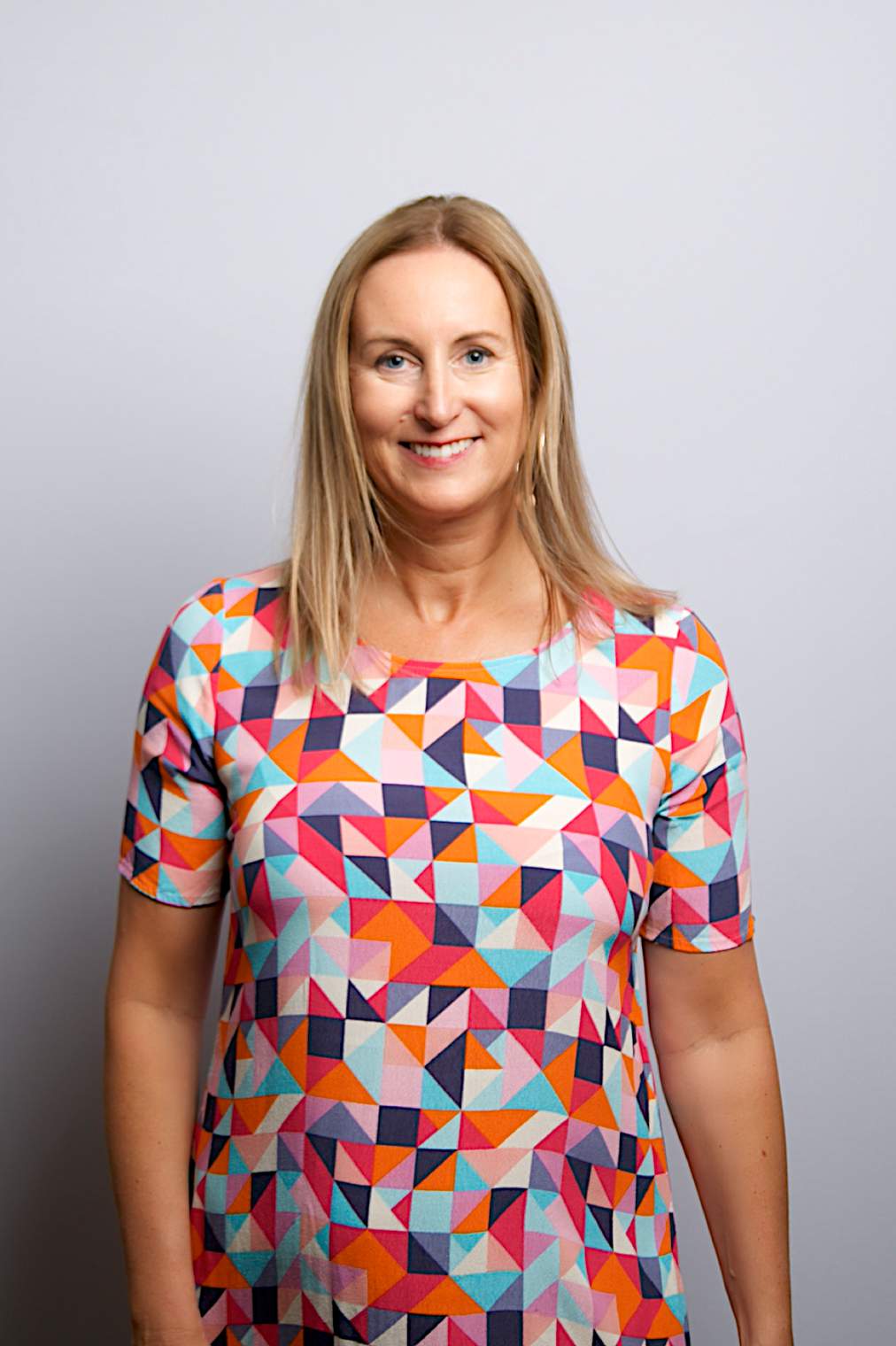|
Whether you're building an empire, hustling from home or starting a side gig, you need to understand your financials. It will give you confidence, help you make informed business decisions & at the end of the day, let you know if all the effort is paying off. One of the most important financial reports is the Profit and Loss (also known as an Income Statement). Have you had that moment when your accountant presents you with your profit for the year - ta da! .....and it's nothing like your bank balance?! Ever wondered why that is? A Profit & Loss statement reports your income and expenses over a period of time and can help you figure out things like whether you're charging enough, selling enough or spending too much. It reports all income (in-coming funds) less all your expenses (exiting funds). Or as my friend Ange likes to say, it shows 'What you Earn' less 'What you Burn'. If you record your income less all your expenses, at the very bottom you have a number representing your profit or (loss) known as your net income or net profit - often referred to as the 'bottom line'. So it's not a reference to someone wearing undies a size too small afterall! It is literally the last number on the bottom line of the Profit and Loss. If you are registered for GST, your income and expenses show net (without) GST because that 10% ain't yours in the first place. It belongs to the ATO. PRO TIP> Every time you get paid, pop that 10% into a separate bank account. It takes discipline but you'll thank yourself when it's BAS time. That's pretty straightforward right? But in truth it's a little more complex. Of course it is, it's accounting! Try and stay with me.... Here's a sample of things that you wont find on your Profit & Loss because they sit on your Balance Sheet/ Statement of Financial Position as assets, liabilities or equity [read here]. Larger purchases of things like office equipment and computers are considered assets to the business that will assist with producing future income. These do not appear on your profit and loss as an expense. You may not have received the actual payment (money in your bank) for your sales invoices that you've raised. This will show as income, but also as accounts to be received (accounts receivable) on your Balance Sheet. And flip that for any bills you may have in your books on credit - these will show as an expense AND sit in your accounts payable. Loans and debts (for example a credit card) are recorded as liabilities and represent future obligations to pay. If you make a repayment on your credit card, it's not recorded as an expense, it's recorded as a reduction of that liability. Also any drawings, director loans or trust distributions don't show on your profit and loss because they reflect changes in equity and are not actually business expense. That's a few reasons why your 'profit' is never the same as your bank balance. Essentially it's because your Profit and Loss does not capture all movements of money in and out of your bank account.
3 Comments
|
AuthorGabrielle Osborne (BAcc) is a small business specialist who loves empowering creative minds by helping them make sense of their business numbers. Archives
December 2018
|


